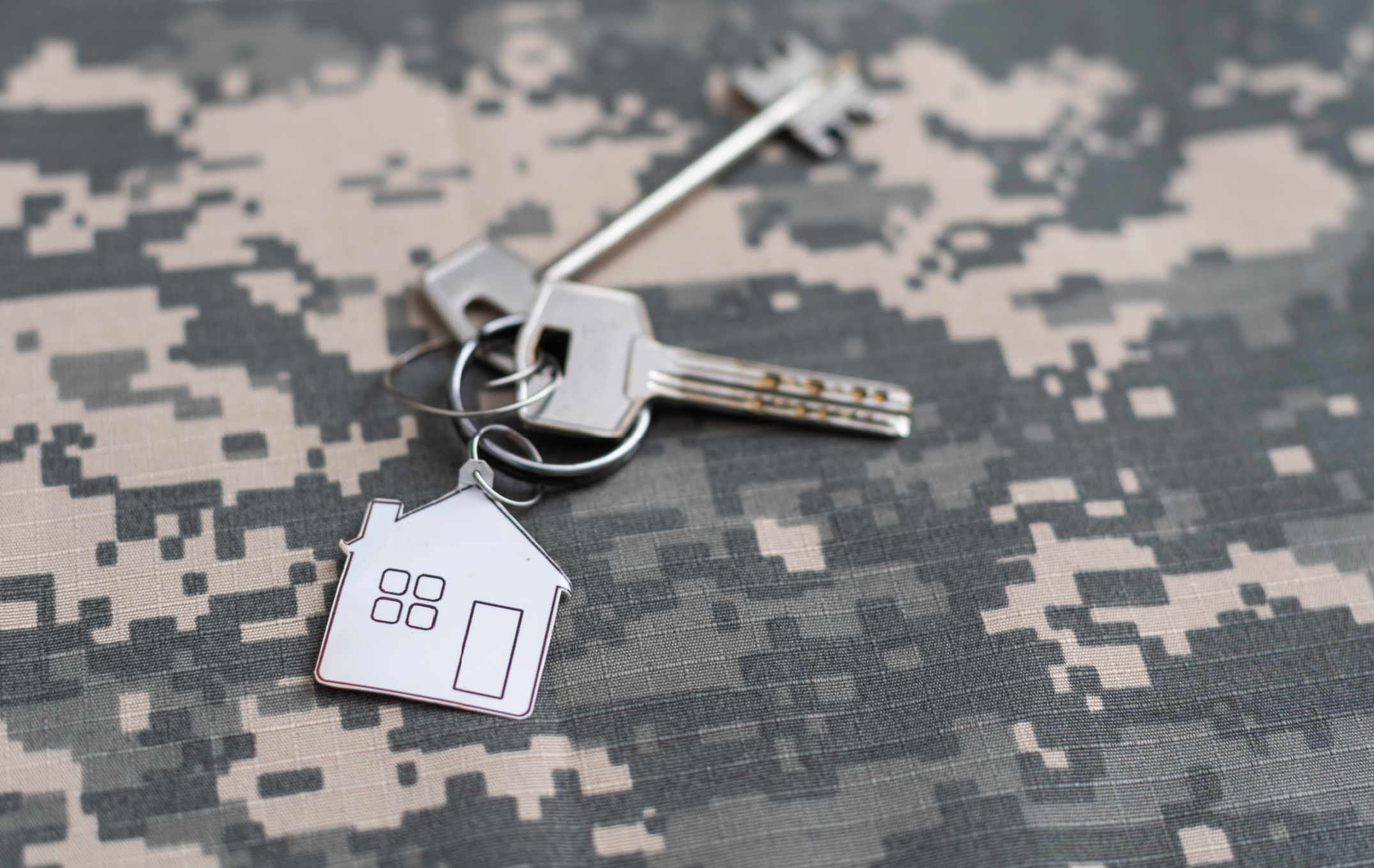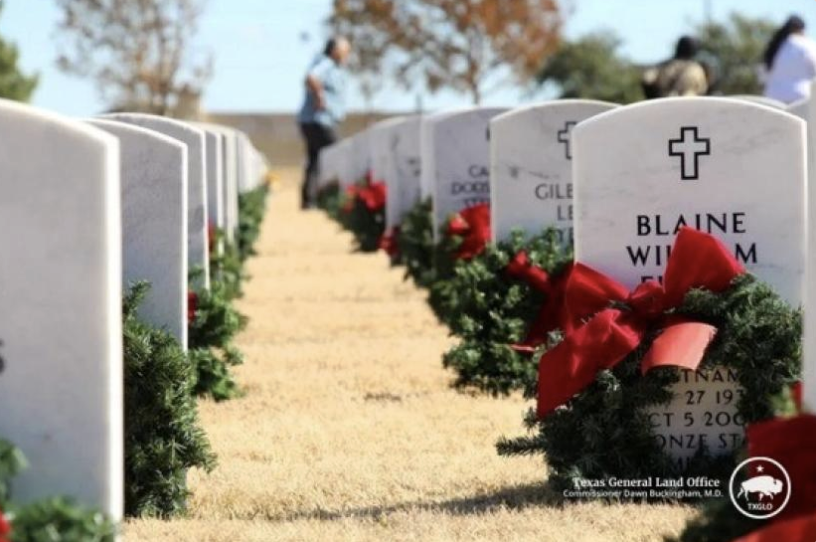Urgency Builds as Veterans Facilities Face Closure Without New Funding

Wisconsin lawmakers are moving quickly to shore up the state’s Veterans Housing and Recovery Program (VHRP), a critical safety net for veterans facing homelessness. Senate Bill 385, introduced in August, directs nearly $2 million in new funding over the next two years to keep the program’s three facilities in Chippewa Falls, Green Bay, and Union Grove open and operating.
Under the bill, the Department of Veterans Affairs would receive $900,000 in 2025–26 and $1.05 million in 2026–27. The money would be used to cover supplies and services at all three facilities, while also addressing long-standing concerns at the Chippewa Falls site. Lawmakers say that location, in particular, has struggled with outdated infrastructure and space deficiencies, making a lease on a new facility essential.
According to the Green Bay Press-Gazette, the sense of urgency stems from the looming closure of two shelters. Without intervention, the Green Bay (Bellevue) and Chippewa Falls programs were set to shut down by September 30 because of a lack of funding. Senators Jamie Wall, D-Green Bay, and Jeff Smith, D-Brunswick, sounded the alarm earlier this month, sending a letter to Senate leadership urging an expedited hearing and vote on their bipartisan funding bill. They warned that, without quick action, veterans in their districts would lose access to housing and recovery services.
The veterans housing and recovery initiative provides more than just a bed. Participants can stay for up to 24 months, receiving not only temporary shelter but also critical wraparound services — from substance abuse counseling to job readiness support. For many veterans, it represents a lifeline back to stability.
The funding debate has been contentious. Governor Tony Evers originally included $1.95 million in his March budget proposal to sustain the shelters, but the Joint Finance Committee stripped that allocation during negotiations. A subsequent report from the nonpartisan Legislative Fiscal Bureau confirmed that costs to staff the shelters had risen significantly since Lutheran Social Services stopped managing them, leaving the Department of Veterans Affairs unable to cover all three sites without additional support.
With the budget line deleted, the Chippewa Falls and Bellevue facilities were left dangling. That’s when lawmakers introduced emergency legislation — including SB 385 and another bill sponsored by Sen. Andre Jacque, R-New Franken — to restore the funds. Jacque’s measure goes even further, adding provisions for repatriating missing service members and expanding a refundable veterans property tax credit for renters, both of which had also been cut.
The politics have been fiery. Senator Smith has accused the majority party of “gross inaction,” saying veterans are being forced to watch helplessly while programs vital to their survival teeter on the brink. Meanwhile, Republican lawmakers such as Sen. Eric Wimberger, R-Oconto, have pointed the finger back at Governor Evers, arguing the administration mishandled priorities in its budget.
For veterans in Green Bay and Chippewa Falls, though, the arguments matter less than the outcome. Both communities rallied behind the shelters in recent weeks, demanding lawmakers act before doors close for good. “I am hearing from passionate advocates in the Chippewa Valley who are outraged by the lack of concern about the upcoming closure of Klein Hall (in Chippewa Falls),” Smith said in his statement to the Press-Gazette.
What Comes Next
Senate Bill 385 now sits before the Committee on Licensing, Regulatory Reform, State and Federal Affairs. Advocates are pressing for swift action, noting that every day without funding creates uncertainty for veterans who depend on the program.
If lawmakers pass the measure, the funding would stabilize the Green Bay, Chippewa Falls, and Union Grove locations for the next two years and secure a new home for the Chippewa Falls program. For Wisconsin veterans facing some of life’s hardest battles off the field, it could mean the difference between having a roof overhead — or nowhere to turn.
RECENT










BE THE FIRST TO KNOW

More Content By
Think American News Staff











